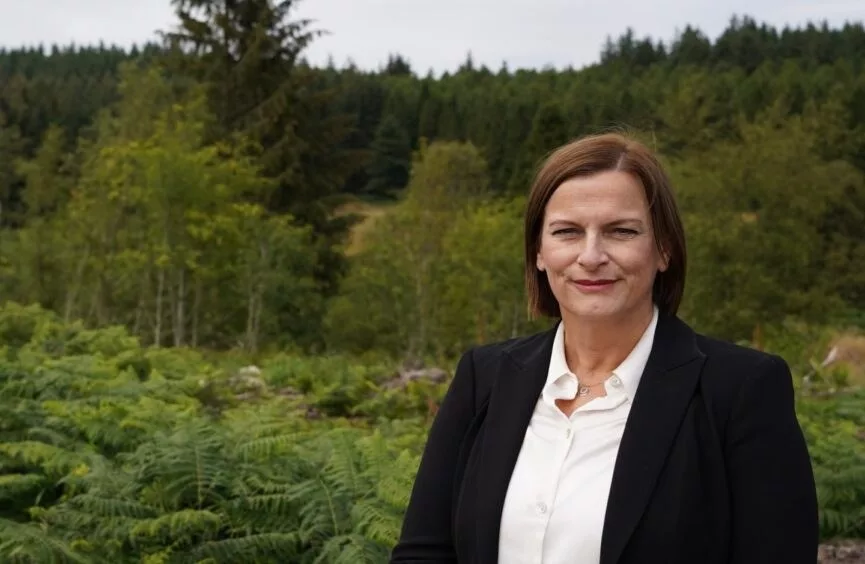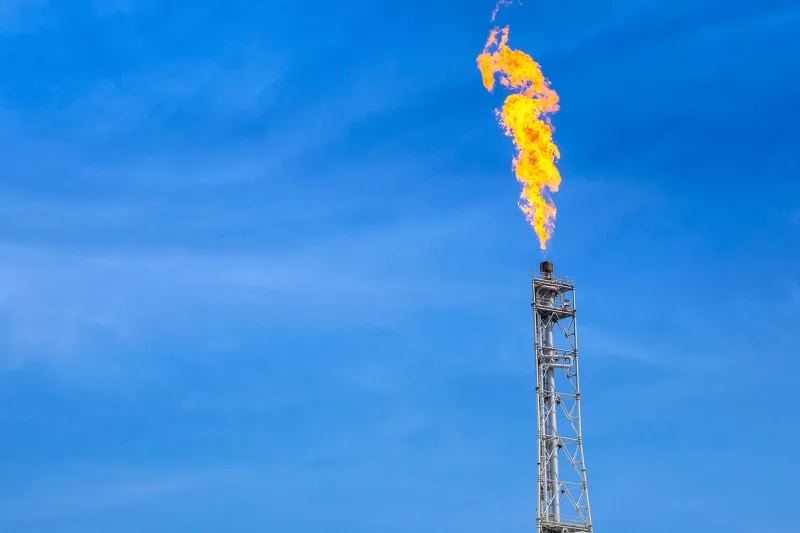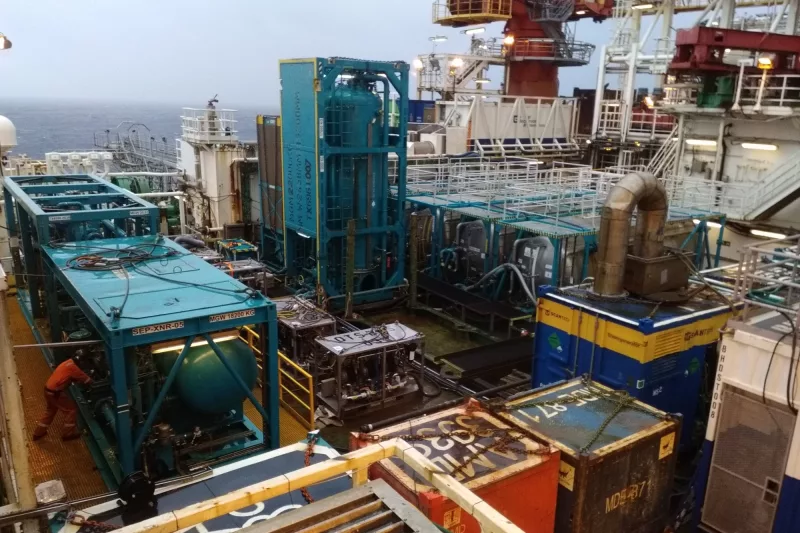
by Ingrid Huldal, Director Portfolio Advancement at Expro
Carbon capture, utilisation, and storage (CCUS) is recognised as one of the pivotal enabling processes in the global transition towards reducing greenhouse gas emissions and achieving 2050 net-zero targets.
A previous article highlights the importance of CCUS in combatting emissions from the hydrocarbon industries and hard-to-abate sectors such as cement, steel or chemicals.
The International Energy Agency recognizes that while CCUS momentum is growing with over 500 projects in various stages globally, at this level CCUS deployment would remain well below what is required to reach net-zero by 2050.
For companies with a background in supporting the hydrocarbon sector, CCUS presents opportunities at various levels. As an example, leading provider of energy services Expro, which this year celebrates 50 years of supporting the North Sea energy sector, is advancing its industry-leading well testing expertise and capabilities into CCUS projects.
It delivered an integrated well testing solution for the flagship Northern Lights project in the Norwegian North Sea, where the data from the test provided critical contributions to the field development plan and final investment decision.
“CCUS is going to be key for the world to reach our climate change goals and Expro is establishing a successful track record in this emerging sector,” says Ingrid Huldal, director of sustainable energy solutions, Expro.
“It’s a great opportunity for Expro to bring all our 50 years of North Sea experience and expertise in well testing and well flow management, combined with our industry-leading technologies and services, to the development of CCUS projects regionally and globally,” she adds.
“Supporting CCUS is a natural evolution for us. Our technology is transferable, and we know many of the leading operators. From a just transition perspective, it supports job retention and fits well into our business strategy. It’s good for our communities and good for climate change.”
James Yard, CCUS development manager, Expro, agrees. “Detailed well testing will be critical in de-risking CO2 storage plans. Exploration and appraisal are common practices and well understood in the oil and gas industry.
“Appraising CO2 storage reservoirs, especially saline aquifers, will be equally important to characterise the pore space for CCS projects."
“Saline aquifers hold the highest potential, but they are geologically under characterised and need to undergo extensive evaluation to assess their effectiveness as CO2 storage sites. Different well testing approaches are being evaluated by operators. Greater clarity through more comprehensive appraisal can help mitigate technical challenges such as injection performance to help deliver projects on time and within budget at the anticipated injection rates,” adds James.
“We are working against tight timelines to successfully capture and store CO2 in line with government targets, so working efficiently and achieving maximum value from each well is critical.”
Data collection is essential for understanding a reservoir’s storage capabilities. Maximising data collection will therefore be vital to enable a comprehensive and effective evaluation of prospective resources. Look out for next month’s article, where Expro will delve into the benefits and challenges of data gathering for CCUS projects.
©2026 Expro. All rights reserved.
EXPRO HOLDINGS UK 2 LIMITED
Registered in England and Wales
Company number: 06491951
Registered office address: Second Floor Davidson House, Forbury Square, Reading, Berkshire, United Kingdom, RG1 3EU










